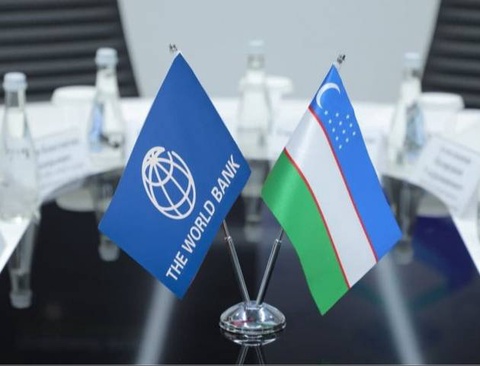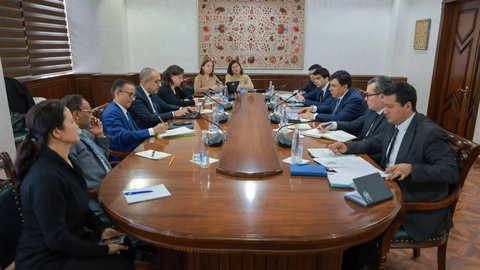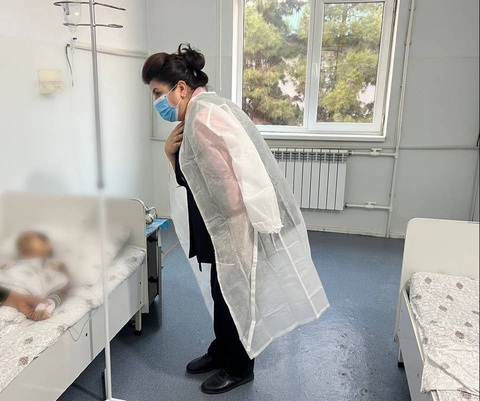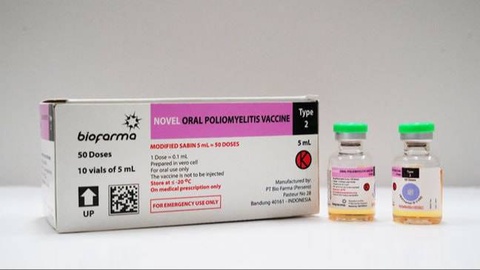As a long-term plan and investment concept, the Framework Program provides for interaction between various sectors in order to effectively implement the "One Health" approach. The program identifies three priority areas: the fight against zoonotic infections, prevention of antimicrobial resistance and ensuring food safety.
After COVID-19, Central Asian countries are still vulnerable to a re-emergence of the pandemic, and climate change increases the risks. Diseases transmitted from animals to humans annually cause more than 1 billion cases of human infection worldwide. They cause significant damage to livestock productivity and severely restrict trade opportunities.
Brucellosis, a disease transmitted from animals to humans, annually causes damage to human health and animal husbandry in Central Asia in the amount of about 76.2 million US dollars. The "One Health" approach, which provides for close interaction between the health, agriculture and ecology sectors, will make it possible to combat the disease cost-effectively, and the gradual introduction of intersectoral surveillance and cold storage systems will bring benefits in the amount of US$ 123-294 million over the next 25 years.
"The Framework Program is an important step towards expanding cooperation between Central Asian countries in the field of pandemic preparedness and response. To protect the health of people, animals and the environment, close cooperation of all countries of the region is necessary," said Tatiana Proskuryakova, the World Bank's Regional Director for Central Asia. - The World Bank is proud to assist in the development of cooperation and we are ready to attract the necessary investments to implement the concept of "Unified Health".
The Framework Action Program "Unified Healthcare in Central Asia" defines the areas of activity that will contribute to improving the competitiveness of agriculture and expanding regional trade, as well as the export of animal products to world markets. Agriculture makes a significant contribution to the region's GDP and is one of the key assets of the vast rural areas of Central Asia. The implementation of the Framework Program can support the sustainable expansion of domestic production and the creation of economic opportunities in rural areas.
In addition, the "One Health" approach can contribute to the conservation of biodiversity and productivity of landscapes by improving the health of ecosystems in Central Asia. This will contribute to the organization of joint supervision of wild animals, the condition of pastures and the residual content of antimicrobials in the environment of the region. Such an approach is a prerequisite for improving the health of ecosystems, which will lead to a reduction in the risks of diseases and pandemics.













